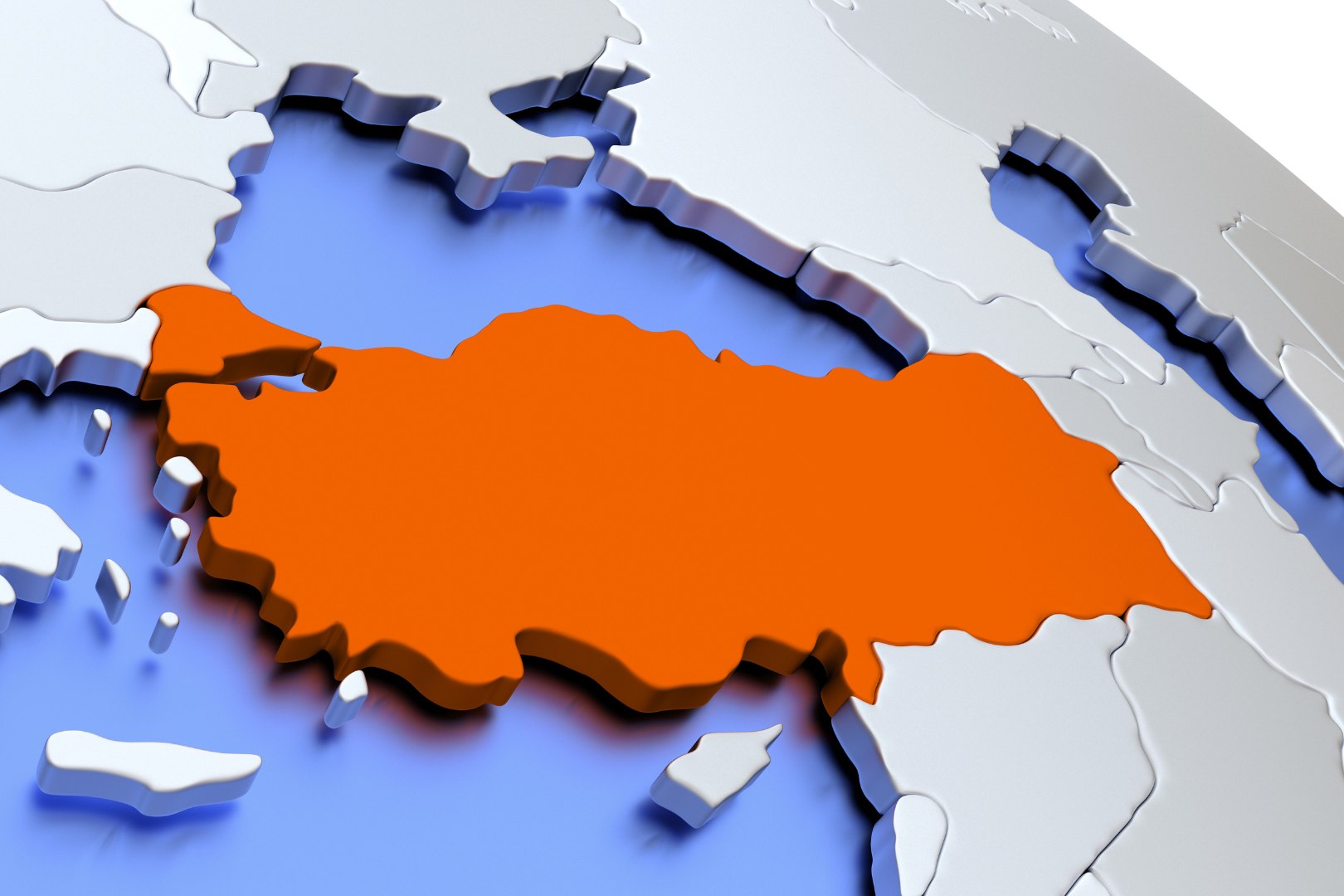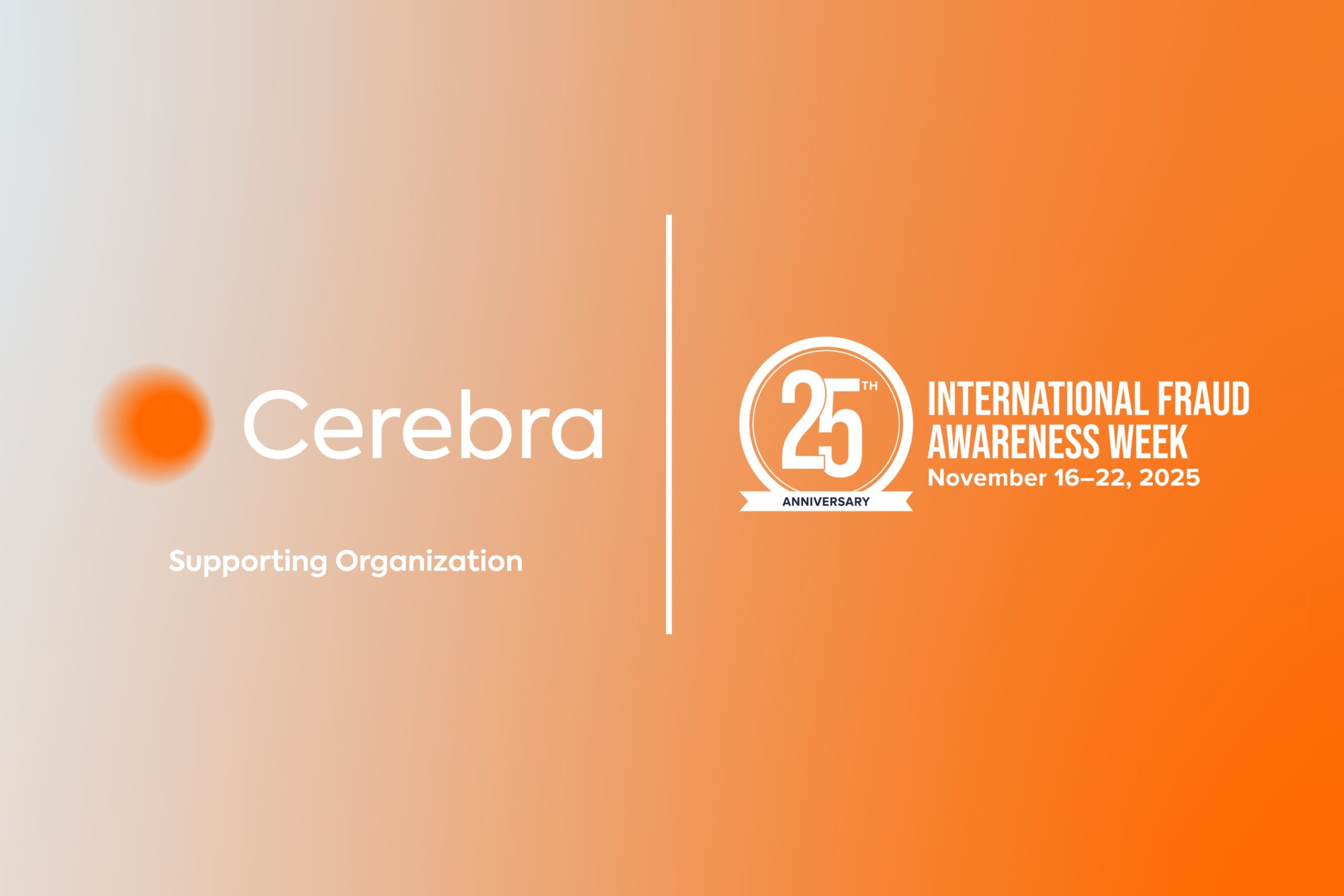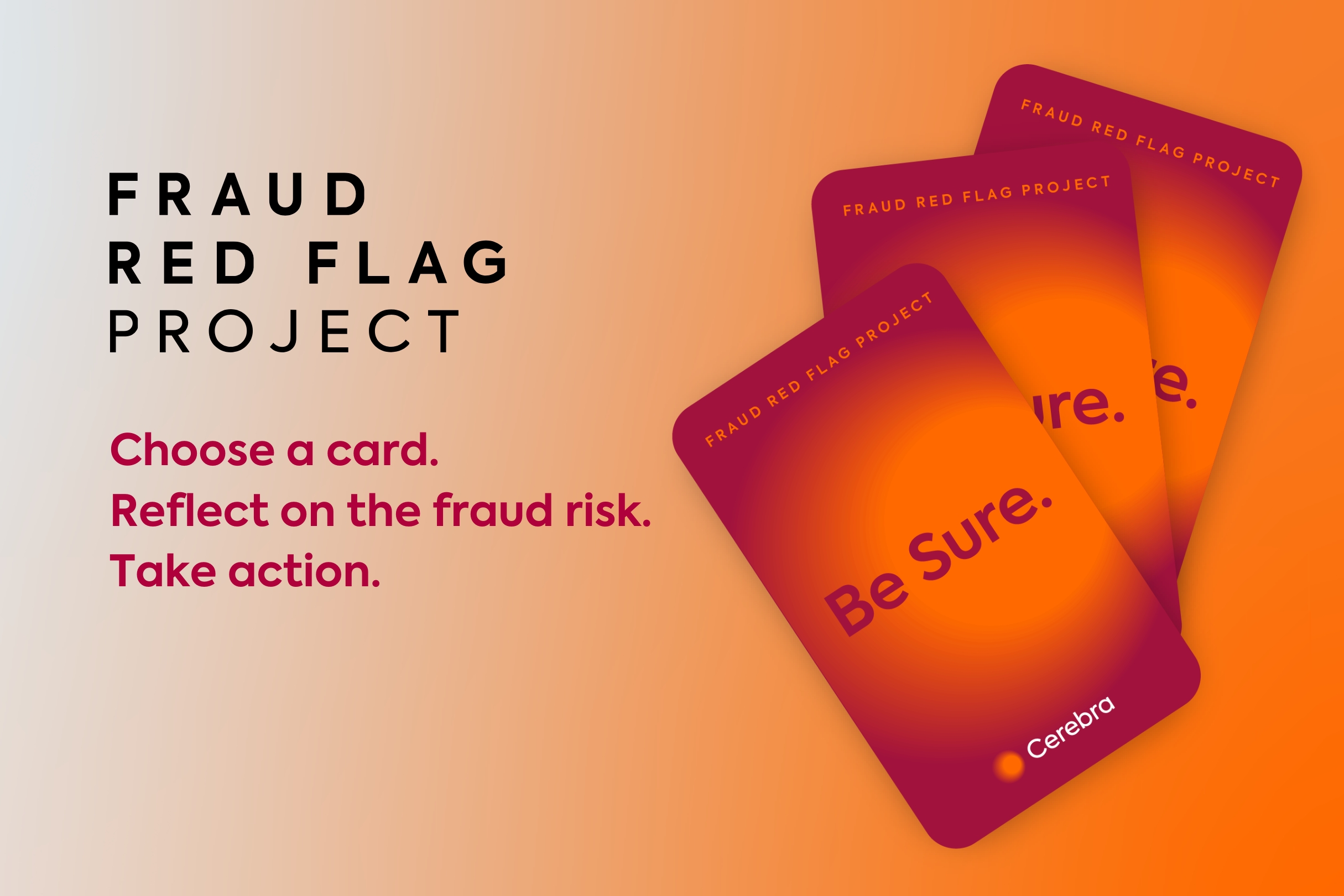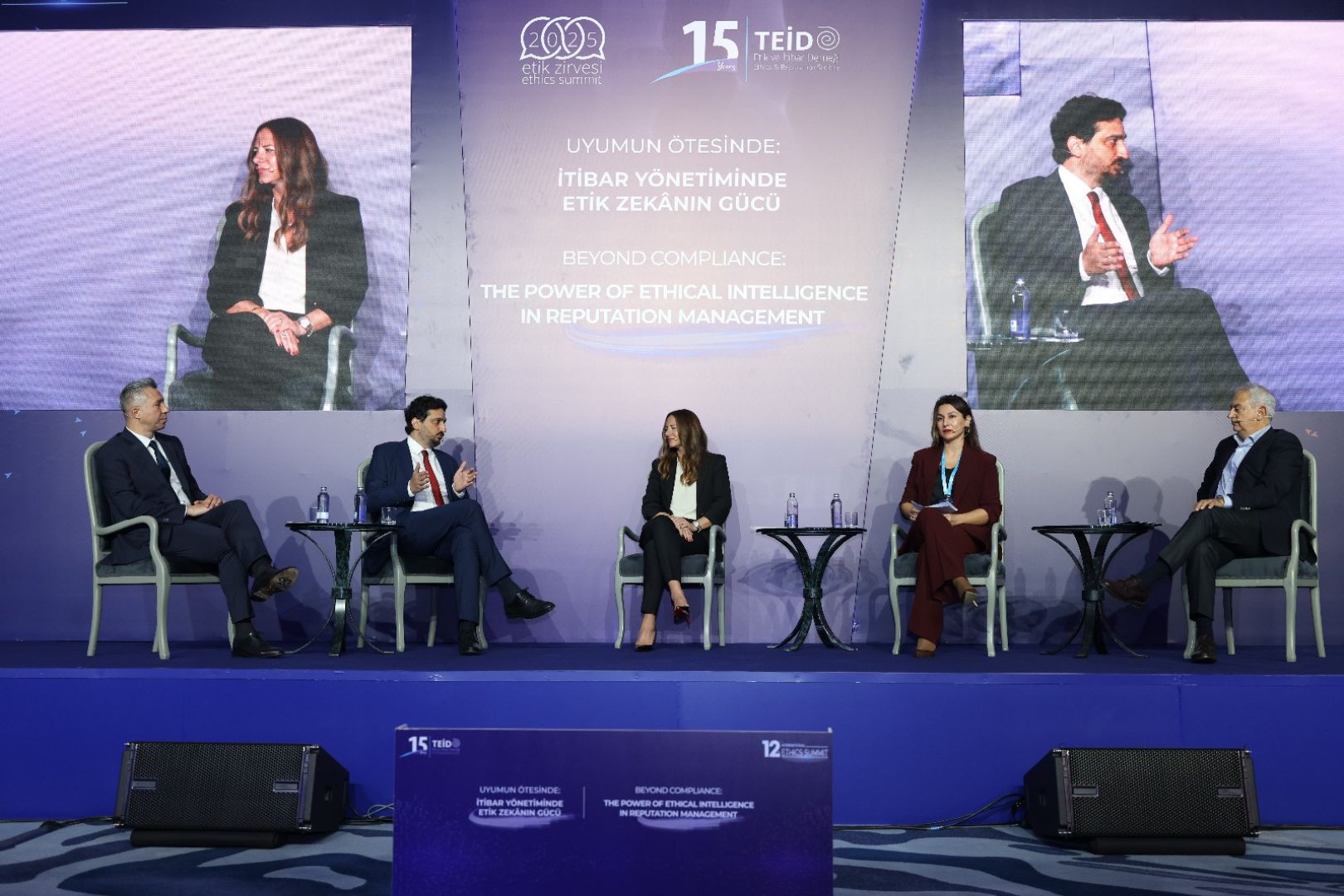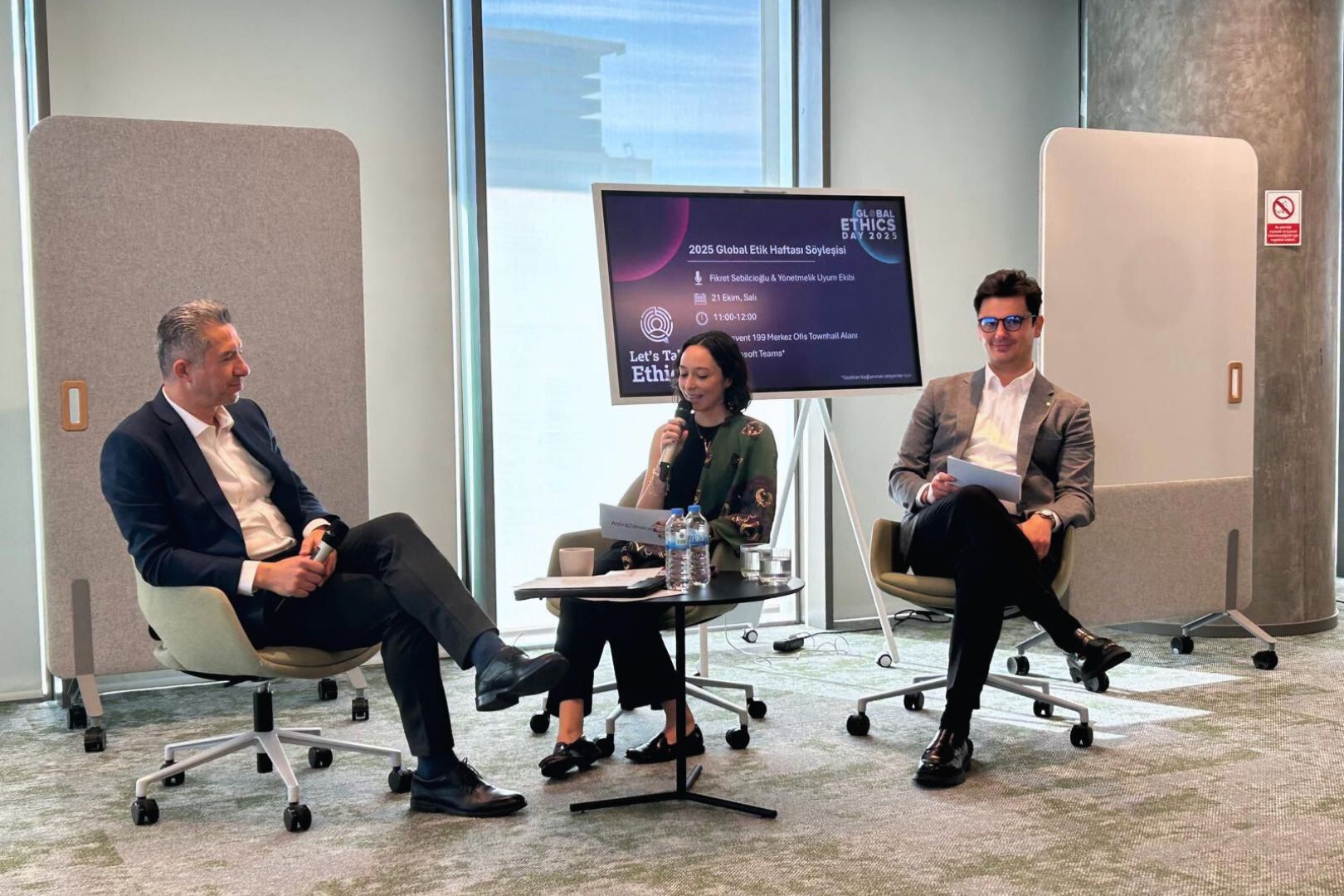
Houston, We Have a Problem! ACFE 2018 Report Reveals Incredibly Large Fraud Losses
Fikret SebilcioğluBased on the ACFE 2018 Report to the Nations, it is certain that the amount of damage is incredibly large and this estimate, provided by anti-fraud professionals, gives some insight into just how big the problem may be.
The ACFE 2018 Report to the Nations has been published. The 2018 report is the 10th edition ACFE study, and it remains the most comprehensive and widely quoted source of occupational fraud data in the world. Based on information from real fraud cases as reported by Certified Fraud Examiners (CFEs) from around the globe, the report continues to be a tremendous resource for those interested in how occupational fraud is committed, how it is detected, who commits it, and how organizations can protect themselves from it.
Projecting Costs of Fraud on Global Scale
Providing a measure of the cost of fraud is an incredibly important endeavour. It is also an incredibly difficult one, given the number of unknown factors required to make such an estimate. No one knows the amount of frauds that go undetected or unreported, and even for those frauds that do come to light, the full amount of loss might never be calculated. Such limitations mean that any attempts to quantify the global amount of fraud will be imperfect.
Even with these limitations on projecting the total amounts lost to fraud, it is known that such a projection has an important place in the fight against fraud. Consequently, the participants were asked in the survey, based on their professional experience, what percentage of revenues they believe a typical organization loses to fraud each year. The median response provided by these CFEs is that organizations lose 5% of their annual revenues to fraud. While this number is only a general estimate based on the opinions of the CFEs who took part in our study, it represents the collective observations of more than 2,000 anti-fraud experts who together have investigated hundreds of thousands of fraud cases. To place their estimate in context, if the 5% loss estimate were applied to the 2017 estimated Gross World Product of USD 79.6 trillion, it would result in a projected total global fraud loss of nearly USD 4 trillion. To be clear, this number is only an estimate and, given the limitations described above, it is unlikely to calculate the true cost of fraud on a global scale. But it is certain that the amount of damage is incredibly large, and this estimate, provided by anti-fraud professionals who work to prevent and detect fraud on a daily basis, gives some insight into just how big the problem may be.
Projecting Costs of Fraud for Turkey
The Gross Domestic Product of Turkey for the year 2017 is approximately USD 860 billion. Using the aforementioned 5% loss estimate, we can say that the projected total fraud loss is some USD 43 billion.
Let’s look at this number from another point of view. Taking into account that the population of Turkey is nearly 80 million, it means each person pays around USD 540 (TRY 2,500) for fraud losses. As an anti-fraud professional providing services in Turkey, my perception is that the actual loss is much higher than this estimated loss.
“Houston, we have a problem!” (actually “had”) is a popular quote from the radio communications between the Apollo 13 astronaut and the NASA Mission Control Center (“Houston”) during the Apollo 13 spaceflight as the astronauts communicated their discovery of the explosion that crippled their spacecraft. Considering the aforementioned incredible losses arising from fraud all over the world, the globe’s fraud problem (corruption, asset misappropriation and financial statements fraud) appears to be much more serious than the Apollo 13’s.
How serious do you think Turkey’s fraud problem is?
As Cerebra we will provide more insights regarding the key findings of the ACFE 2018 report shortly. Stay tuned for the upcoming newsletters and our postings on social media!



